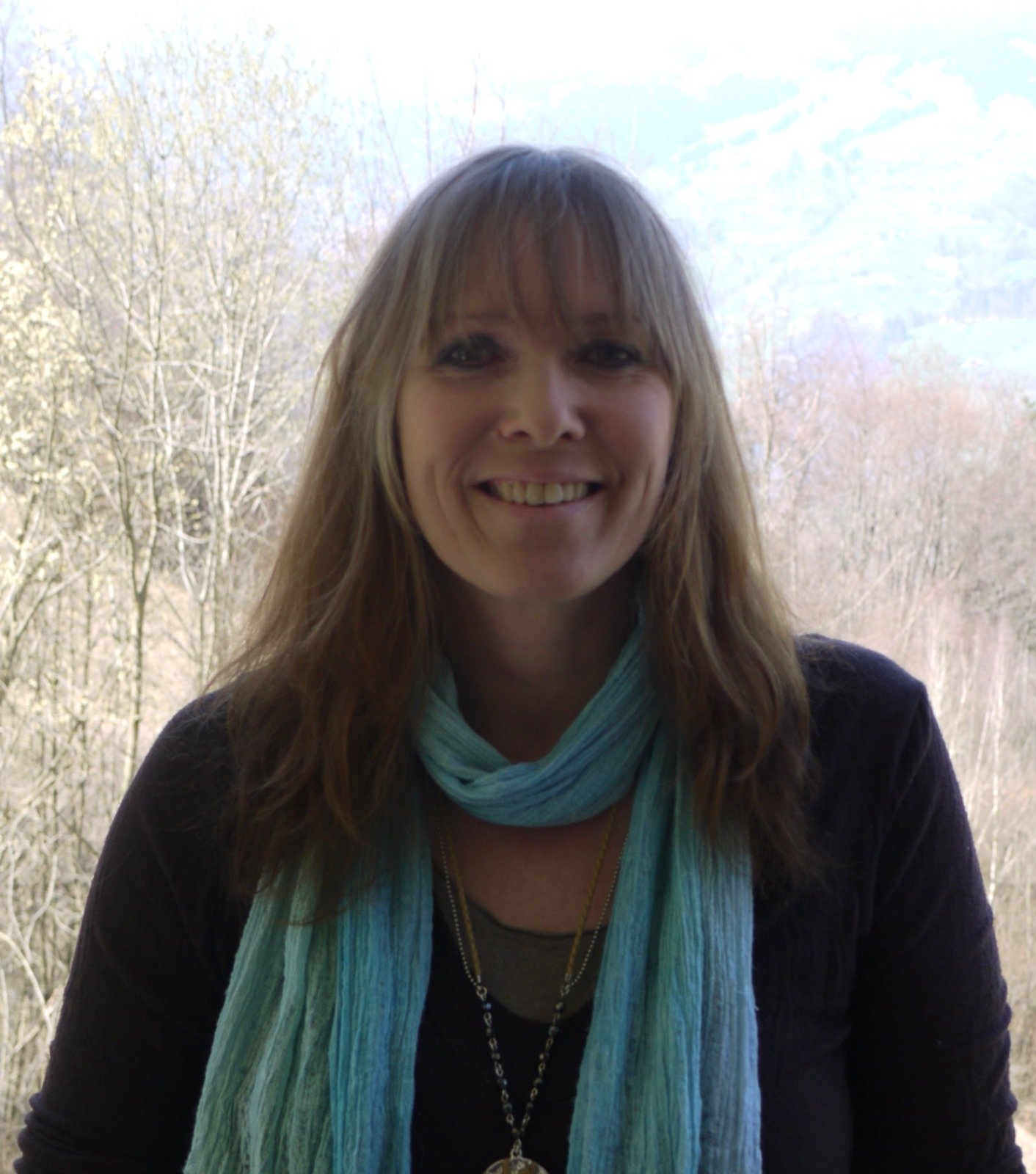Stephanie Woodman
What made you decide to become a writer?
I laugh at this, because the trigger for me occurred twenty-eight years ago on a scuba diving trip. It seems so ridiculous that it would take so long, yet creative writing was not something I ever thought I could do. But the basis for the story haunted me until I did it and it has now opened a wonderful world to me.
How do you decide your plots? Are they taken from events that have happened to you? Do you base your characters on real people – or do you prefer to be fully creative and make them up?
This is a good question. I think the answer may depend on the story. Eye Contact Over Truk is my first book, and it took a chaotic path. I used many events in my own life and then wove them together with actual historical events. Most of the characters were completely made up, but a couple were combinations of people I knew. Only one character was based on a real person and that was me. I actually like creating new characters because I can play with different psychological traits.
What comes first for you – the plot or the characters? And why?
For me, characters definitely come first. I have to get into their heads and understand their personality. Then, they tell me if they will do something or not. It has been fascinating the ideas that come out when I’m in the head of a character—things that I have never thought before. It’s fun.
Tell me more about your favourite book – the plot, characters, setting, POV, tense…
This story started out as only one man’s journey. However, as the writing and research progressed, it expanded to include multiple other perspectives. The main setting is a small group of islands in the Pacific Ocean, now known as Chuuk, Micronesia. Historically, it was called Truk—which was a Japanese Navy base during WWII. The main story line is a retired US Navy pilot goes back to Truk to scuba dive on a ship he sank.
During the research, I learned about so many events of the war, that I knew nothing of, and I wanted to preserve their history. One was the firebombing of Tokyo (and other cities) and what happened to those people. This was part of the reason I had the Japanese character be a boy who survived that horrific experience, while his father fought at Truk. This combination brought multiple perspectives about the war and post-war life.
A few other characters also brought even more perspectives. Because of this, I chose third person past tense and allowed each character their own scenes to highlight the various POVs.
Did you need to do research for your book? If so, how much did you do, how did you do it?
Yes! I did a lot of research on the WWII battle that took place there. I also met a wonderful WWII Naval Aviator who helped me. He wasn’t at Truk, but generously shared his own experiences and was a good sounding board for the concept of where the story was going. Unfortunately, he passed long before I finished the book. I also went to air shows and listened to pilots speak as well as watched many video interviews of older veterans. Age has a way of affecting perspectives. I also found another veteran Navy pilot who helped correct my military references. A local Japanese-American woman was kind enough to correct several details on Japanese religion and burial.
For the locations, I’ve been to all of them and was able to draw from my own memories and photos. I used the actual names of the locations, but created new names for hotels, ships, etc.
Would you write any genre or do you stick to one?
This is interesting to me because I want to write about perseverance and healing, which isn’t limited to one genre. So I guess the answer to the question is that I will be writing in multiple genres. I have another historical fiction novel started and another that, technically, will fall into the romance genre, but I call it more literary fiction-drama.
How do you market your books?
Social media and Facebook ads are my current method for marketing the book. This is a slow process, especially since I had never been on any social media prior to this. But it is the next phase of publishing that I have to learn.
How do you react to reviews? Would you prefer just good ones or are you okay to receive a bad one occasionally? How does this make you feel?
I like reviews—good and bad. I’m fine with “bad” reviews as long as they have constructive feedback. If they don’t have anything helpful, then I ignore them. Though, so far, all the reviews for the finished Eye Contact Over Truk have been far better than I had ever hoped for.
















